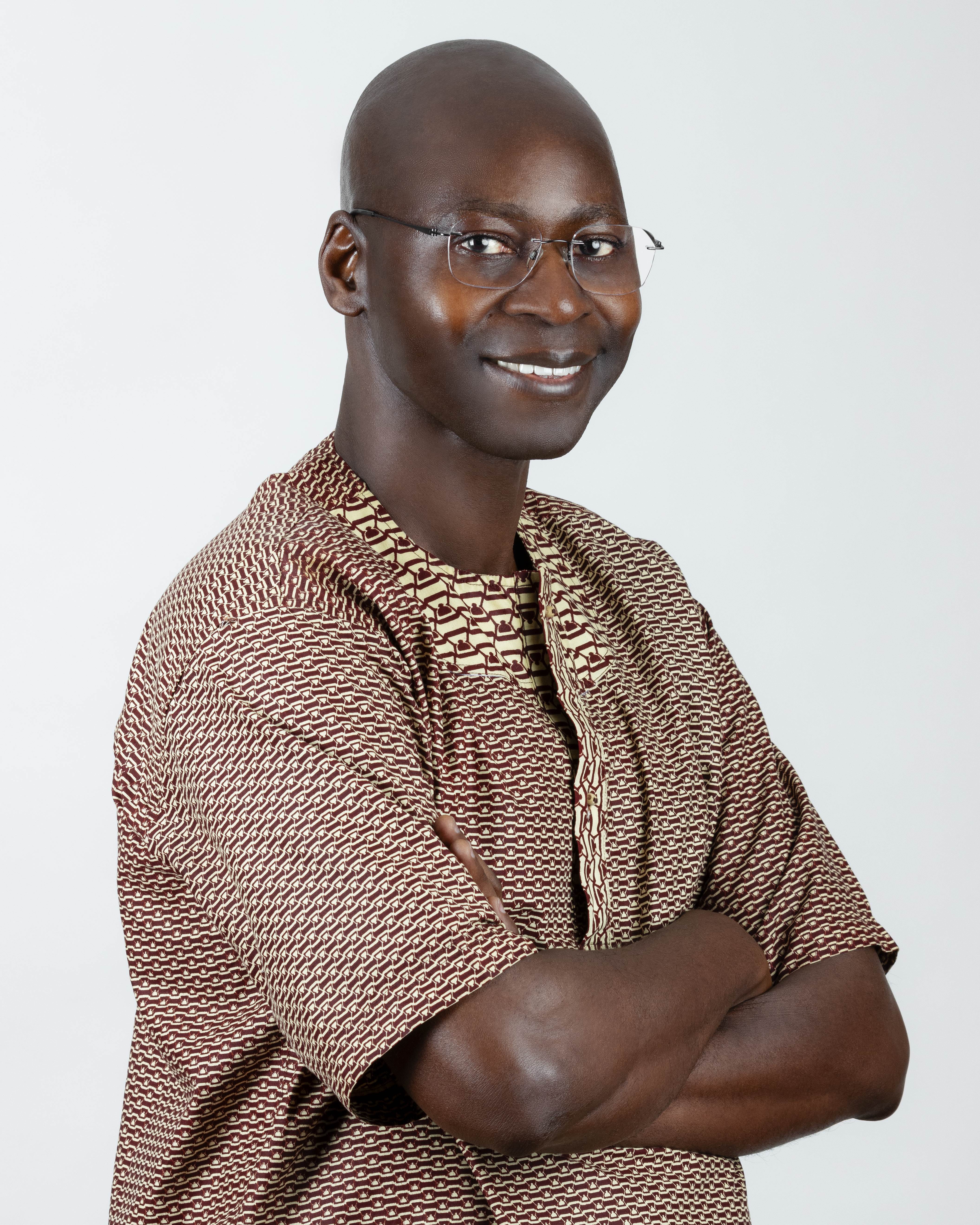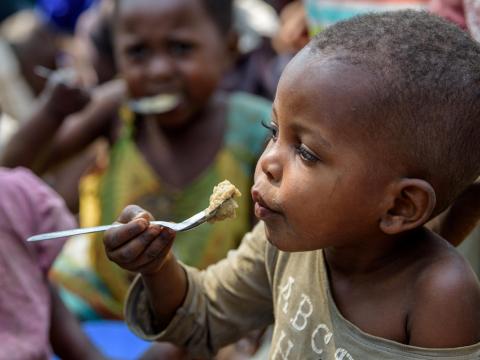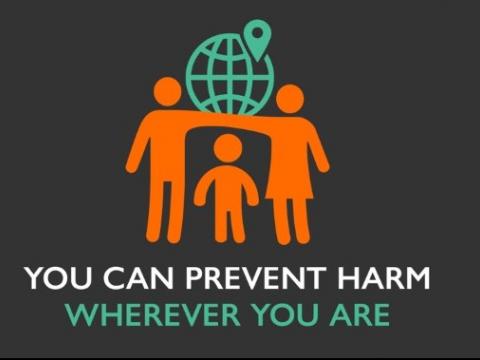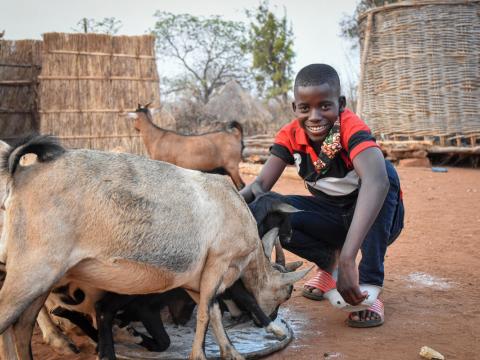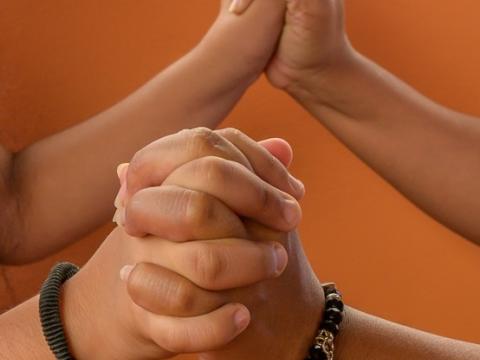
How I find peace amid turmoil
By Dr Jean Baptiste Kamate
Eleven years ago, I led World Vision’s work in Rwanda as we commemorated the 15th anniversary of the country’s genocide. More than one million Tutsis and moderate Hutus were killed in Rwanda in 100 days between April and July 1994. To this day, Rwanda’s physical beauty – its hills, temperate weather and rainfall – mirrors the healing and forgiveness of so many of its people.
At the time of the anniversary, as I prayed for the country still reeling from its trauma, a story came to my mind that has resonated with me this week, as we experience turmoil in a number of places around the world. It is one of the Bible’s first stories that’s difficult to comprehend – that of Cain killing his brother Abel (Genesis 4:8). How could he? What drives someone to take the life of their own flesh and blood? What has to happen inside their mind and heart to lead them to that point?
How did we get to a point where we consider it ok for brothers and sisters to fight, hurt and kill one another? Because as humans, that’s what we are – brothers and sisters made by the same Creator.
I believe we have to look inside. Our enemies are within. We tend to assume that our enemies exist “out there”, but it’s not true. If we can manage the enemy inside us, I believe we can manage what we perceive as our enemy outside. We will think, behave, and engage differently.
How? Let’s remember three things:
- We must not repeat the mistakes of the past. And yes, by past I do mean going back to Cain and Abel. We have been repeating that tragedy on and on, expressing it in different ways but always with the same cause – hatred. This may not always mean killing someone physically, but we express it very loudly today in forms of hatred for people who have views different to our own.
- First, always first, we are brothers and sisters. We have been created that way, we share humanity. Our differences are just in our behaviour, our mindsets, our beliefs, but we are not different in our humanity. So often, we allow politics and political beliefs and affiliations to come first, when they should always come second. No one should be hurt or killed because of their affiliation to a different party, or a different set of beliefs.
- Love transcends many problems. When you love someone, you are tolerant even if that person does not share your perspectives. We must disagree in love, and we must disagree in peace. Love should not be violent, and it should not create violence.
In times such as this, we must seek to be the bridges that passengers can pass securely across, knowing that they would drown if they were to try to walk through the river.
"Blessed are the peacemakers, for they will be called children of God" (Matthew 5:9).
JBK is World Vision’s Partnership Leader for Global Field Operations. Follow JBK on Twitter @jb_kamate
